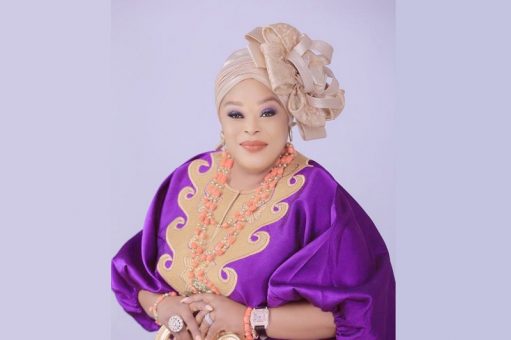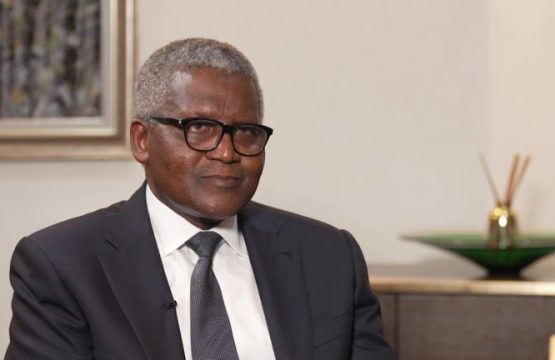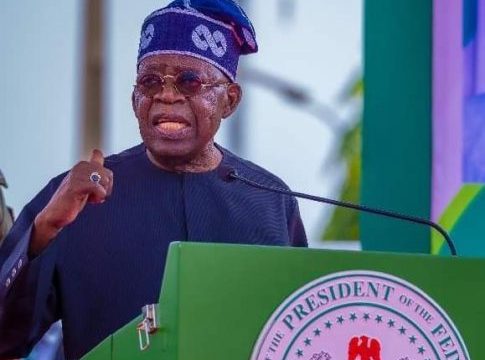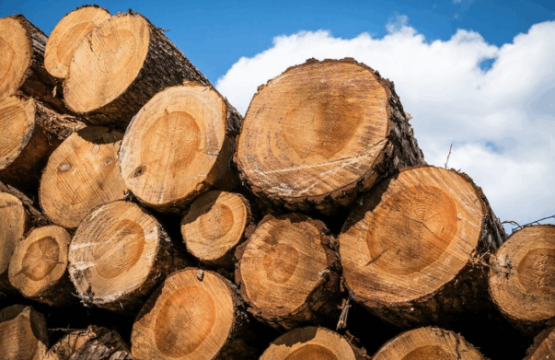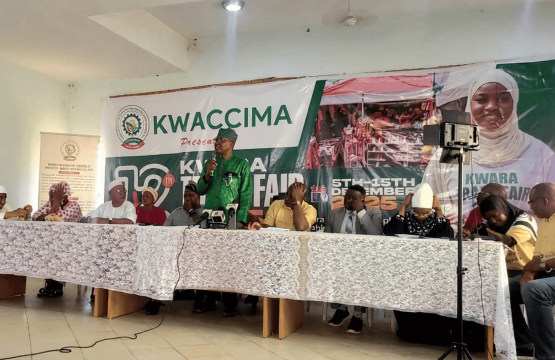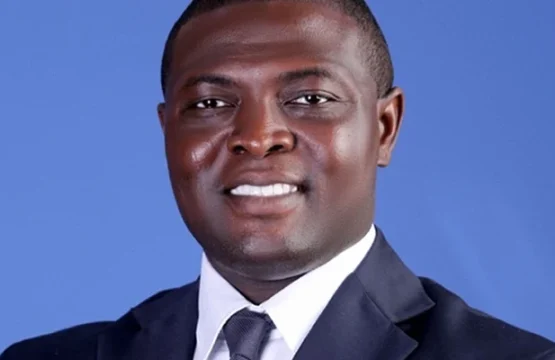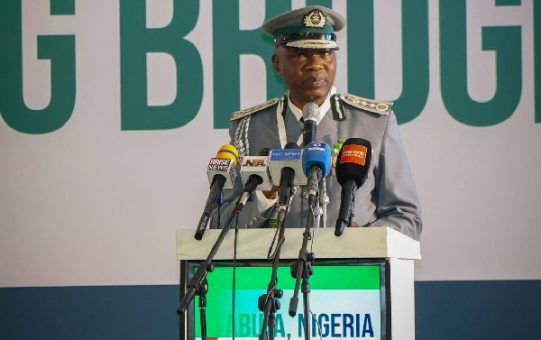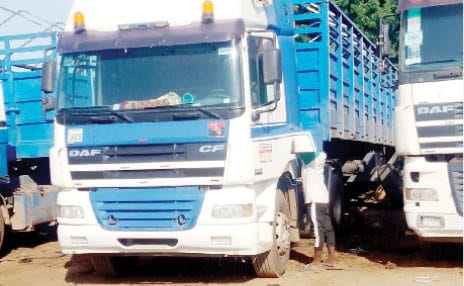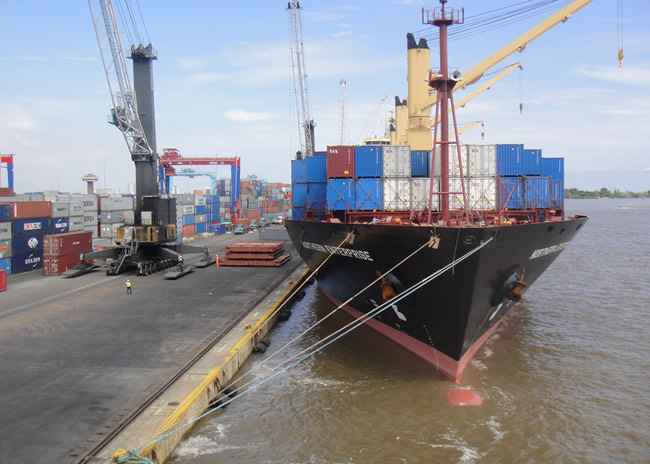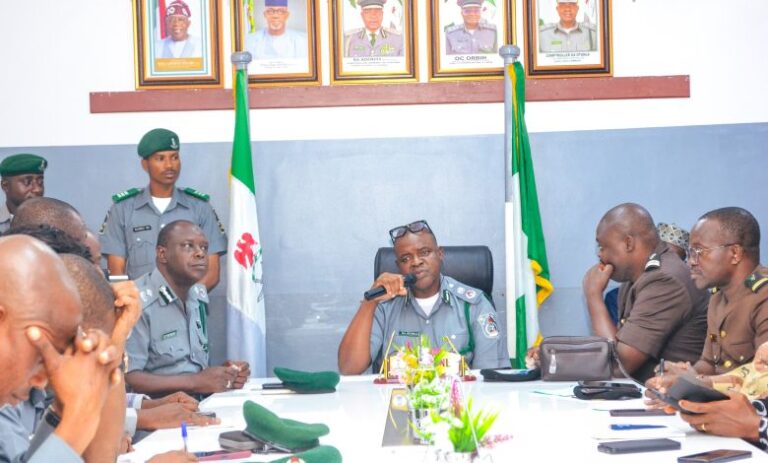In this New Telegraph’s interview, a former National President of Association of Nigeria Customs License Agents (ANCLA), and the Managing Director of Skelas Nigeria Limited, Mr. Olayiwola Shittu, speaks on the need for Nigeria to domesticate and enforce all maritime conventions and protocols it entered into.
Do you support the organised private sector’s (OPS) proposal to peg customs duty exchange rate at N1,000/dollar?
We had a similar thing done during the time of Abacha. Exchange rate was pegged. But at the end of the day, what happened to the growth of our economy? Stagnation.
Ghana did it but what is the result with Ghana today?
Do you know what we are feeling here is what they are feeling in Ghana even worse in some areas because it is not magic. It is an automatic thing.
Like attracts like. If you are not producing, you cannot earn forex because you need to produce and push out to get the money of those other people to replace your own.
That is it. So, it can be hurtful. It can be painful, but the bottom line is what happens in the next 15 to 20 years.
We should be thinking of our children. If the OPS is saying you peg it and give us N1,000 to the dollar. What do they want to use it for?
They will tell you importation of raw material but raw materials of what and for what purpose? Where is the factory?
A lot of people have registered under organised private sector (OPS) but they don’t have any visible operations going on anywhere.
The tariff heading of finished products is quite different from the ones that are for parts and raw materials and because they are expected to bring in raw materials, the government helps them by lowering the rates but then they go and bring finished products.
Look at the automobile policy that some of us kicked against. After trying it for about 10 to 15 years, what has been the result? A lot of people made money out of it. That is the issue. We must feel the pain now and later come and get the relief.
If you don’t have a headache, you will not know the value of panadol. You need to have that headache as if your head wants to split and then when you take panadol you have the relief. So, I don’t listen to the OPS. They have misled the government for too long.
The lesser the number of goods we import, the fewer the demand for the forex and the demand for forex is the yardstick of determining the value of the naira.
How do you think government can strengthen the value of the naira?
We sold our future possibilities by relying more on importation. We import every thing importable even those that are not of necessity.
I’m expecting that by now adire should be our uniform for everybody to wear because it is made in Nigeria.
Government must address excessive importation and the reliance on foreign goods to achieve sustainable economic growth.
The lesser the number of goods we import, the fewer the demand for the forex and the demand for forex is the yardstick of determining the value of the naira.
There is no magic. Previous leaders have been covering our eyes, they don’t want us to know the truth and if we don’t accept the truth, it will continue to be like that.
There was a time either the Chinese or Japanese Yen was like 5,000 of their unit to the dollar.
Look at South Africa, it is 20 rand to the dollar. But, before naira was like that one to one. What were we doing at that time?
What was our level of importation? There were factories. We were importing more of raw materials than finished products, but today, we so love finished products and that is why when you go on the streets of Nigeria today, every house has a shop.
Every house has a shop because they want to sell to people. But buying and selling does not make the economy be what it should be. We need to look for a way to improve our power even if you have to run your business with a generator.
They will be telling you that when they bring Chinese generators, it will be cheaper because they do mass production; then, we should stop Chinese goods from coming in to enable us do our own. But if we don’t protect our own, the Chinese will overrun everywhere.
So, it is a matter of looking inwards now.
What can we do without?
There is no president who wants the future of this country that will not do what Tinubu is doing.
The previous presidents don’t want the future of this country.
They just want the country to ride until we collapse one day and they will come and collect the carcass.
What is your opinion on the creation of the Marine and Blue economy ministry?
The establishment of the Marine and Blue Economy Ministry is meant to usher in a new era of growth and development in Nigeria’s maritime sector. However, eight months into its inception, we are yet to see a clear roadmap to drive the industry forward.
This is because the minister has regarded Nigerian Maritime Administration and Safety Agency (NIMASA) as a poster boy to drive the blue economy, while other agencies that are supposed to complement the efforts are laid back.
The Blue Economy is not targeted at what an individual or agency alone is doing; it is the congregation of what all the departments in the maritime industry are doing for topmost efficiency.
For instance, when we talk of fisheries, the Ministry of Agriculture is part of fisheries and it falls under the maritime sector.
Now, is there any inter ministerial collaboration, whereby there is a synergy on how to assist those whose trawlers for fishing have been lying fallow over the years? Probably for them to get soft loans from the Bank of Industry or any other bank to revitalise that trade because that is the origin of the Blue Economy.
The movement of goods even to the refinery by sea is still part of the blue economy. So, the blue economy is not just targeted at the ministry of blue economy. Those who package the Marine and Blue economy ministry and released it to us did it for show because there is no clear direction from the ministry.
They have not been able to give us a breakdown on how individual segments within the maritime industry can achieve what and within what time frame ther than for the minister to talk to one director general of one agency to give him a performance bond. That is not the way to go about it. I have the opportunity to talk to the retired maritime operators and they all agree on the fact that may be the minister is using it for show. That is why we are just getting motion without movement.
We are talking of generating $1 trillion annually from the maritime industry by the end of this year. Where is it coming from? Who is paying? Paying for what?
Anywhere the minister is, he is always crowded with people who believe they have more ideas but many of those you see coming forward to come and do explanations on blue economy are doing that because they need the goodwill of the minister in order for them to have one service rendered and get some money.
How do you think the ministry can develop a clear roadmap to actualise its mission and vision?
They need to rejig. The minister is talking his own, NIMASA is talking its own.
There should be clear direction with a timeline that at a particular time these are the things that would have happened; that is the way it should be. The man who first alerted us to the possibility of enhancing revenue in the maritime industry was Olisa Agbakoba, a legal expert, who has been in the maritime industry for as long as many of us have been.
He said that there were ways that we can cut waste and generate revenue but nobody has challenged him to say set up a committee headed by you and give us the roadmap on how we can generate that money.
Let the minister looks at the segment of the ministry and put together those who can contribute to building the roadmap for the ministry and not just talking. We need to see action. The ministry is just a new bottle with old wine.
Can we categorise Nigeria as a truly maritime nation?
Yes. Any nation can choose to call itself a maritime nation. Even Togo and Republic of Benin call themselves maritime nations. Any country that has a sea should consider itself a maritime nation. Nigeria has more than 1,000 kilometres of sea-front. We have the population, we have the largest imports. We rely more on imports than exports. Maritime is a veritable avenue for government to generate revenue. But the system is somehow.
I remembered during the time of Okonjo Iweala, former minister of finance and before the advent of Single Treasury Account (TSA), she said all maritime agencies should generate their own revenue and pay 40 per cent to the government.
So what happened to the remaining 60 per cent? Even the TSA that says all revenue must go into one central account, who is monitoring it? So don’t let me go there.
On whether Nigeria is a maritime nation or not, at International Maritime Organisation (IMO), the level of compliance is used as yardstick for recognition as a maritime nation.
If we are not domesticating and complying with rules, why then are we considering ourselves a maritime nation?
Nigeria is a very lucky country from where we are. We are not Niger Republic that is land locked. Other countries in West Africa have coast. Togo, Ghana, Cameroon, all have coast, but it is our commercial activities in maritime industry that make Nigeria a leader in the sub-region.
Once you are in that position, you must fit in to international regulations.
But whatever agreement or convention you entered into, if you don’t domesticate it and enforce it, there is no way because it will not work. You see some of the disgrace we encounter at the International Maritime Organisation.
Can you imagine, the position that is meant for West Africa is taken by Ivory Coast? It does not make sense.
We should be at the forefront. It is not that we cannot assume that leadership position in West Africa. But it is because everything we do in Nigeria is politically considered. We have jettisoned merit.
■ Culled from NewTelegraph Newspaper

